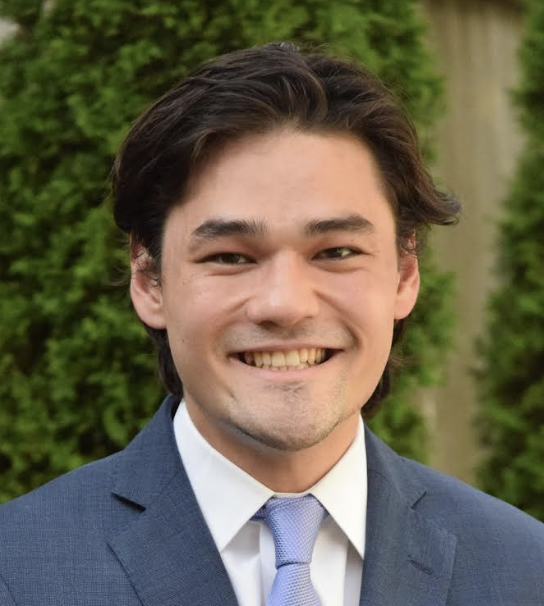Medical admissions can be daunting, especially if you are in the minority of students who are applying without a STEM concentration in college. However, studying the humanities does not constitute a disadvantage to medical school admissions, and can actually help you stand out as an applicant. Here are some dos and don'ts to help you maximize your success as a humanities student interested in medicine.
Tips for MD applicant success
Talk about your interests in your application.
If you are applying to medical school as a humanities major, chances are high that you will be asked about your major during an interview. Consider how your interests in the humanities inform your interests in medicine, and vice versa, and be ready to talk about these interests in an interview. For instance, Theodor Billroth, the surgeon who invented the gastrectomy, was a violinist himself and close friends with Johannes Brahms. He famously said, “It is one of the superficialities of our time to see in science and in art two opposites. Imagination is the mother of both.”
Seek extracurriculars and volunteering opportunities that allow you to exercise your unique skillset.
As a music major in college, I was interested in clinical volunteering opportunities that allowed me to use music as a form of healing, performing concerts at hospice and palliative care facilities. A friend of mine who studied visual arts in college would hold painting workshops for patients with Alzheimer’s. There are a lot of opportunities to use skills from humanities to help in the clinical setting, and these opportunities can help you understand how healing can go far beyond the realms of pharmaceutical prescriptions or surgical operations.
Research programs with medical humanities initiatives.
Medical humanities is a burgeoning field in many medical school programs. When applying to a medical school, consider how these institutions support medical humanities and how these programs may fit you. For example, the Vagelos College of Physicians and Surgeons of Columbia University includes literary analysis in its curriculum during the M1 year, as well as retain faculty such as Rita Charon, the inventor of narrative medicine. More and more schools are creating programs in the medical humanities, such as narrative medicine, emphasizing the holistic relationships of the illness experience and the physician’s role in understanding and stewarding patients’ stories in clinical service.
What to avoid
Don’t be discouraged by STEM-oriented peers.
Remember that everybody’s exact path to medicine is different. You are going to take the required premedical courses just like everybody else, and medical schools are designed to teach you all the topics and subjects you need beyond these prerequisites.
Don’t put your interests in the backseat.
Interesting extracurricular experiences will help on the medical school application, especially if you can discuss passionately about what you have learned from the humanities. There are many places to showcase these activities, including the AMCAS work and activities section. There, you can explain your experience and how the skills you derived may help in your path to medicine (such as with leadership or creativity).
Don’t be unprepared to answer the tough questions.
Make sure that medicine is the right field for you. An interviewer may ask you a question about why you aren’t more interested in a career in your field of study. Preparing an answer to this question will help you solidify your commitment to medicine in the eyes of your interviewer.

Comments